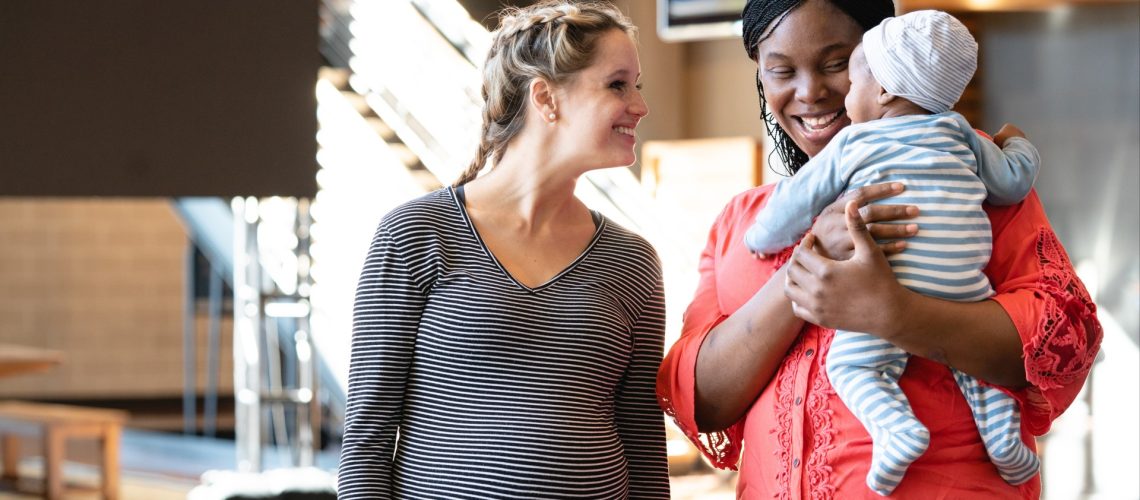In this soul-searching blog, we delve into the spiritual aspects of abortion, drawing inspiration from Michael Lee’s book, “The Abortion Bible.” We gently explore the intersection of faith and reproductive choices, recognizing that people of diverse beliefs face moral dilemmas when confronting abortion decisions.
For those who seek guidance from their faith during this challenging time, the question of God’s will and abortion can be deeply introspective. It is crucial that we approach this topic with respect for the diverse beliefs and convictions held by individuals and communities.
Michael Lee’s book urges us to reexamine our understanding of God’s will in the context of abortion. It challenges us to move beyond rigid interpretations and to consider the complexities of individual circumstances.
In contemplating God’s will and abortion, we should remember that each person’s spiritual journey is unique. Faith can offer solace and guidance, but it does not provide a one-size-fits-all answer to the complexities surrounding abortion.
Throughout history, religious perspectives on abortion have varied significantly. The interplay of cultural norms, historical context, and theological interpretations has shaped how different religious traditions approach this sensitive issue.
As we explore the relationship between faith and abortion, let us embrace a culture of understanding and empathy. Engaging in respectful dialogue and listening to one another’s perspectives can help bridge the divide and foster compassion in this multifaceted discourse.
Some may find solace in the belief that God’s love and forgiveness extend to all, regardless of the choices they make. Others may grapple with the complexities of morality and the value of life.
Regardless of our individual beliefs, let us unite in recognizing that the decision to choose abortion is deeply personal and often challenging. It is not a decision made lightly but one that may be shaped by a multitude of factors.
As a society, we should strive to create an environment where individuals can explore their faith and seek support without fear of judgment. By embracing pro-women and pro-choice values, we can facilitate open discussions on the intersection of faith and reproductive decisions, fostering a culture of mutual respect and understanding.
Moreover, we should focus on destigmatizing the conversation around abortion within religious communities. By nurturing empathy and compassion, we can create a safe space where individuals can reconcile their beliefs with the complexities of real-life situations.
In conclusion, finding faith amidst the uncertainty of abortion calls for introspection, empathy, and a willingness to understand diverse perspectives. By embracing a culture of compassion and respect, we can create a space where individuals feel supported in their spiritual journey, regardless of the choices they make.

